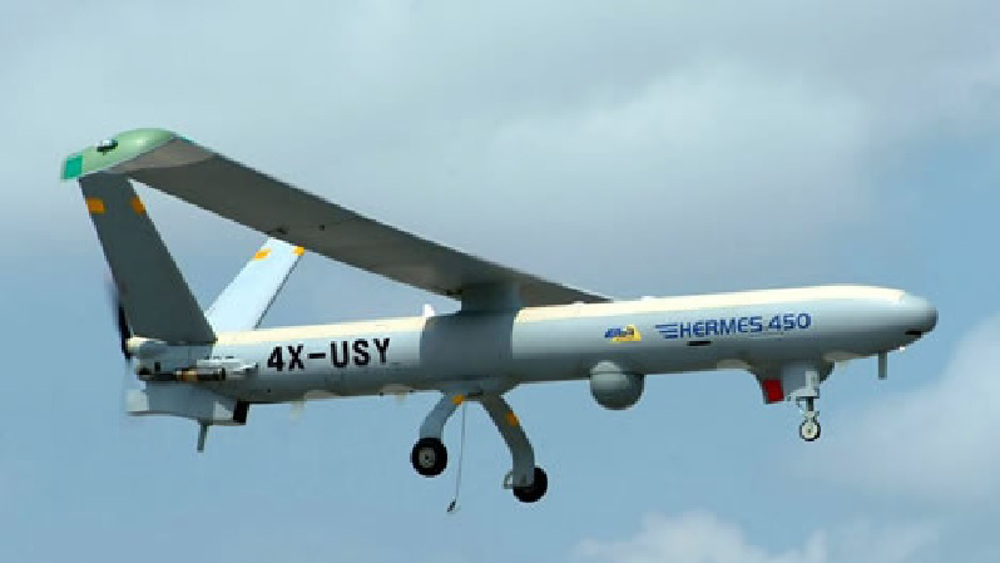'UK nukes could be hacked'
A newly-published report has cast serious doubts about the security of the UK’s nuclear weapons.
A study for think tank the European Leadership Network (ELN) suggests that Britain’s nuclear weapons can never be fully protected against a cyber attack.
According to the report, there is evidence hackers have sought to compromise radio communications used to send launch approval messages, in an attempt to attack the nuclear submarines.
"By far the biggest fear and worst-case scenario is that hackers somehow compromise or sabotage the submarine or the weapons it carries,” Andrew Futter, senior lecturer in international politics at the University of Leicester wrote in an article for the ELN.
"UK submarines receive regular radio transmissions from ashore that could theoretically be attacked, such as weather updates needed for targeting and the regular FamilyGram…This will almost certainly involve malware introduced during the procurement phase while the submarine/missiles/warheads are being built, or when the submarine is in port for maintenance, refurbishment and software updates,” Dr Futter added.
"Given that the UK is likely on the cusp of building the next generation of nuclear-armed submarines, this challenge, and guarding against threats to the supply chain and overall maintenance, is particularly relevant now," he reiterated.

Earlier in January, leader of UK Labour Party Jeremy Corbyn called for nuclear “de-escalation” in the UK, saying nukes should not be carried on submarines.
Corbyn said the UK could keep its controversial Trident submarine fleet but without carrying nuclear warheads.
The opposition leader is at odds with many of his MPs over the future of the UK nuclear weapons system.
Back in October, a report showed the overall costs for Britain to replace and maintain its controversial nuclear deterrent program could stand at around £167 billion ($256 billion) – a figure the critics say is far more than expected.
The Trident program was announced in July 1980. Since 1998, it has been the only British nuclear weapon system in service. Its stated purpose is to provide "the minimum effective nuclear deterrent as the ultimate means to deter the most extreme threat."
Those opposed to the renewal of Trident say that the changing threats of global terrorism and climate change means that Britain does not need a hugely costly renewal of nuclear deterrents.
Hamas hails Gaza’s victory over Israel in genocidal war, its forcing enemy to agree to ceasefire
'Capitulation': Israeli officials and media concede Gaza defeat as truce unfolds
'Gaza has won': Social media users react to ceasefire with mix of relief, joy
Iran seeks South Korea’s assistance for AI, fiber-optic projects
VIDEO | Iran's 'Eqtedar' (Power) maneuver
Israel hits HTS military target in Syria for 1st time since fall of Assad
VIDEO | Press TV's news headlines
Israel has slaughtered 13,000 students in Gaza, West Bank










 This makes it easy to access the Press TV website
This makes it easy to access the Press TV website